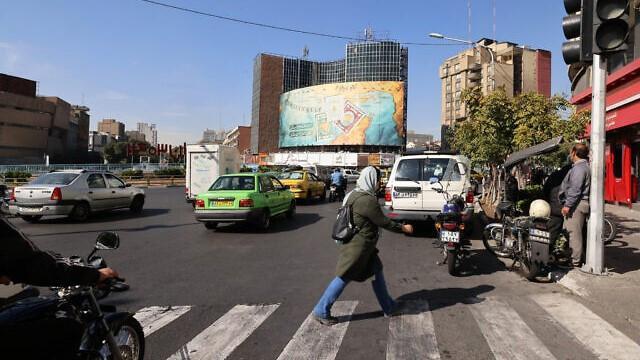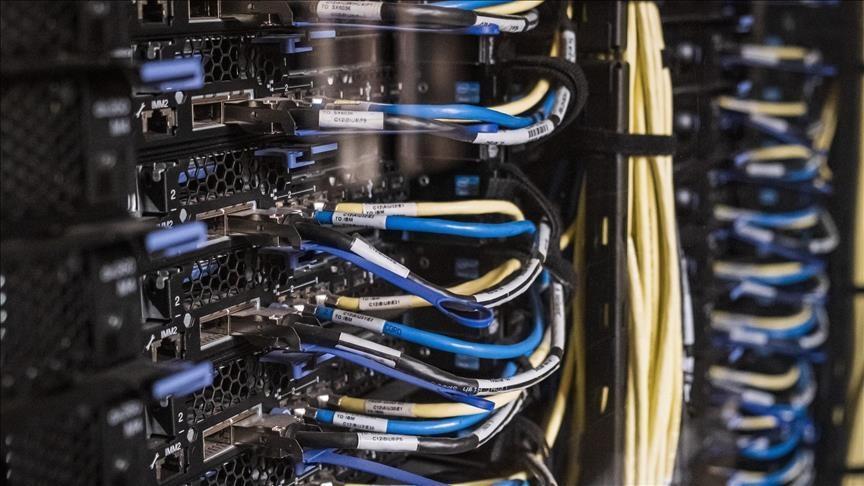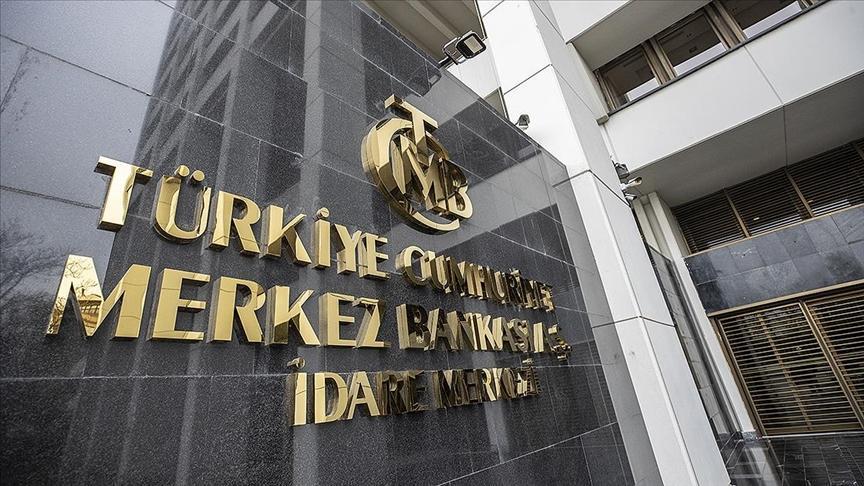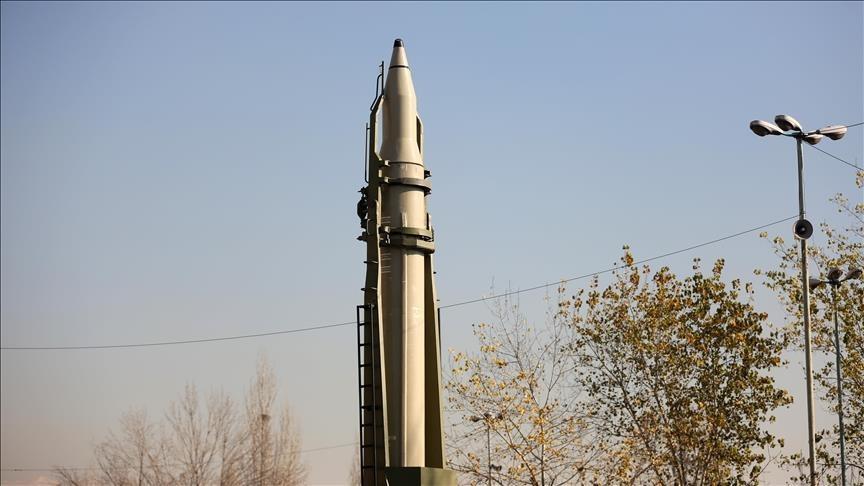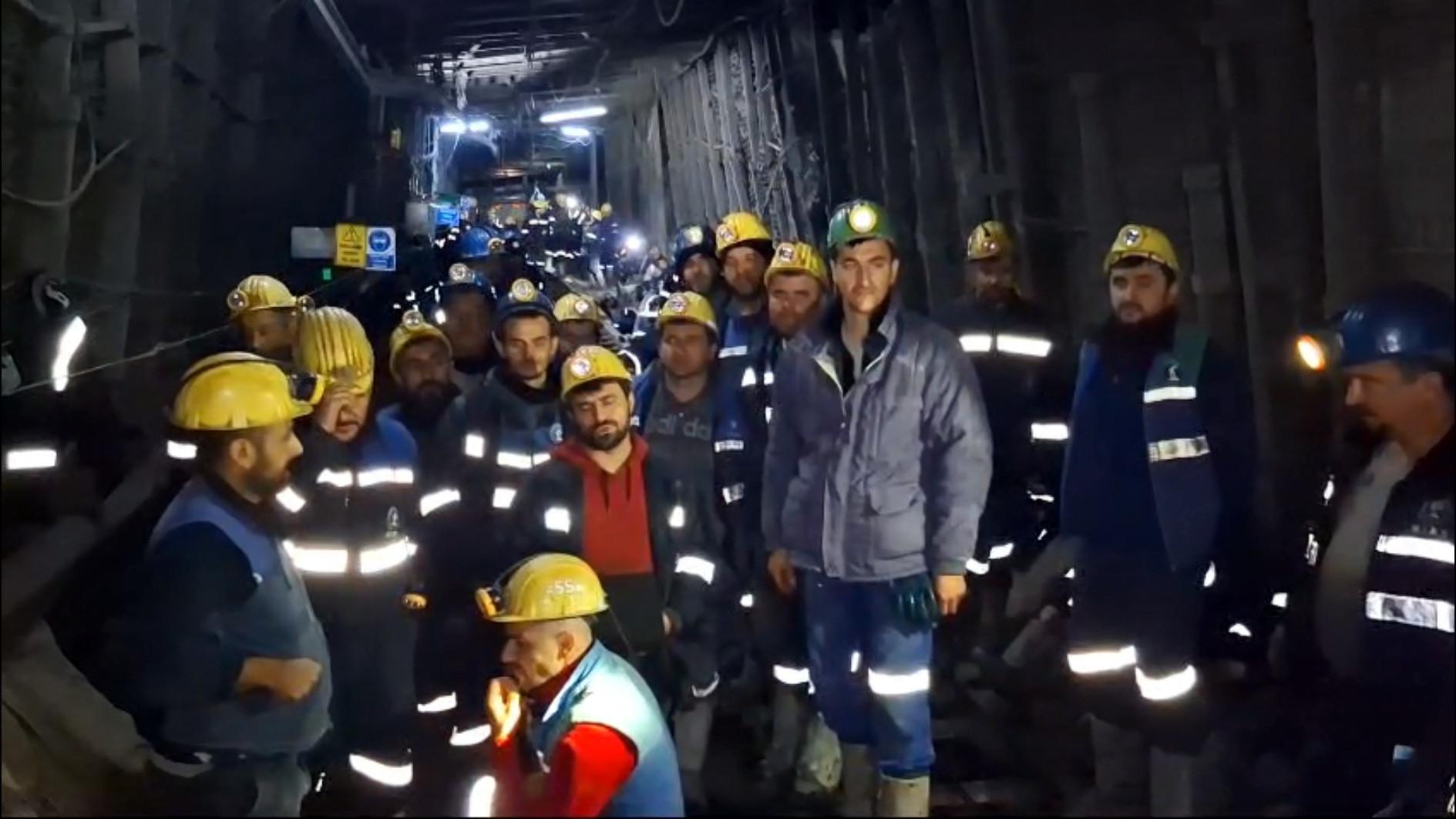At least 42 killed in terror attack on Istanbul’s Atatürk Airport
ISTANBUL
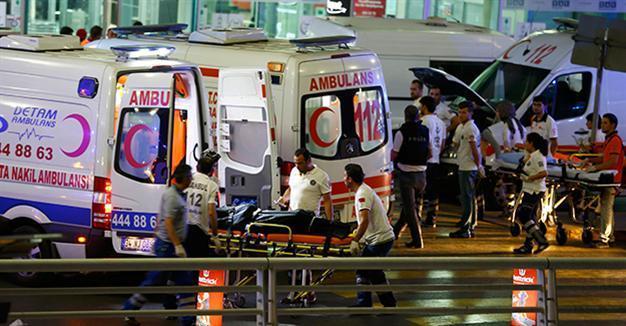 At least 42 people were killed and 239 others were injured when suspected Islamic State of Iraq and the Levant (ISIL) militants attacked Istanbul’s Atatürk Airport late on June 28, the Governor's office announced on June 29.
At least 42 people were killed and 239 others were injured when suspected Islamic State of Iraq and the Levant (ISIL) militants attacked Istanbul’s Atatürk Airport late on June 28, the Governor's office announced on June 29.It added that 10 of the victims were foreign nationals and three had dual-citizenship.
The Governor's Office also said 109 of the wounded were discharged while the other 130 were still receiving treatment.
“According to the most recent information, 36 people have lost their lives,” Turkish Prime Minister Binali Yıldırım told reporters at the scene of the attack in the early hours of June 29, adding that “the evidence points to Daesh,” using the Arabic acronym for ISIL.
Three suicide bombers opened fire at passengers with automatic rifles before blowing themselves up, Yıldırım said.
The attack was carried out in the arrivals section of the airport’s international terminal, and there might be foreigners among the victims, the prime minister added.
Meanwhile, a gag order has been issued on the attack.
Justice Minister Bekir Bozdağ said after the incident that an attacker opened fire using an AK-47 assault rifle at the international terminal before detonating a suicide bomb.
Istanbul Gov. Vasip Şahin said law enforcement believed three militants had blown themselves up at the entrance to the terminal at the airport after police fired at them.
Hüseyin Tombul, who witnessed that attack, told Anadolu Agency that the explosion occurred while he was waiting at the airport’s arrivals Gate A.
He said after the explosion they were sheltered in a garage. “A second explosion happened at Gate B. Four of my friends lost their lives. There are lots of wounded,” he added.
An unconfirmed video shared on social media and reportedly shot during the Istanbul terror attack showed a police officer wounding an unidentified man. The footage then showed the wounded man lying on the ground before blowing himself up just seconds after the officer ran away.
Some flights to Atatürk Airport were diverted after the attack while the airport was shut down for at least five hours.
Flights had resumed by the morning of June 29, although there were still serious delays due to the backlog resulting from the attack.
Meanwhile, security measures have been increased at Istanbul’s Sabiha Gökçen airport, located on the Anatolian side, and the main intercity bus station in Esenler.
President Recep Tayyip Erdoğan released a statement on the attack, saying he “strongly condemned” it.
“We expect that a resolute stance against terrorist organizations should be adopted by the world and especially Western countries with their parliament, media and non-governmental organizations,” Erdoğan said in a statement, while stressing that Turkey would continue its fight against terrorism.
“Turkey will continue its fight against all terrorist organizations at all costs until the end of terrorism,” he said.
All opposition parties represented in Turkey’s national assembly have condemned in unison the June 28 suicide bomb attack in Istanbul, while pointing a finger at the foreign policies of the ruling Justice and Development Party (AKP) for the current state of affairs.
“Today, our hearts are torn out, we are very angry. We have a responsibility to our 294 people whom we lost in despicable terror attacks. Now, Turkey has a problem of fundamentalist and extremist terror,” Selin Sayek Böke, the deputy chair and spokesperson for the main opposition Republican People’s Party (CHP), said on June 29, speaking at a press conference following a meeting of their party’s regular Central Executive Board (MYK) chaired by party leader Kemal Kılıçdaroğlu.
“This is the gift from the AKP to Turkey,” Böke said.
In parliament, taking to the rostrum to speak about a motion for a parliamentary inquiry into the government’s foreign policy, the deputy parliamentary group chair of the Peoples’ Democratic Party (HDP), İdris Baluken, echoed Böke.
“The main reason why Turkey’s foreign policy is heading so badly is the wrongs that are done to Syria and Rojava. These things move in rapid succession; how you plan it in the beginning, that’s how it goes, in a way that those wrongdoings come before you forever and ever. Unfortunately, because you make sectarian foreign policy, you chose to enter into relations with the brigand structures there so that the Kurdish people in Syria and Rojava would not be able to gain any status. You have always denied this but look… the whole world has begun questioning these relations. The AKP-ISIL [Islamic State of Iraq and the Levant] relationship, the AKP-al-Nusra relationship and AKP-Ahrar al-Sham relationship have started being loudly voiced in the entire world. The Russian plane was downed because of the relations that have been entered into with these brigands. When we went to Russia in order to prevent the people of Turkey paying the bill for this AKP policy, you accused us of treason. And now, you’re apologizing,” Baluken told the plenary session.
Erkan Akçay of the Nationalist Movement Party (MHP), meanwhile, said Turkey was “a target” and a “dedicated and united fight is needed against this ultimate attack,” calling on the government to “leave aside the insistence on the presidential system, which is not on the nation’s agenda.”



